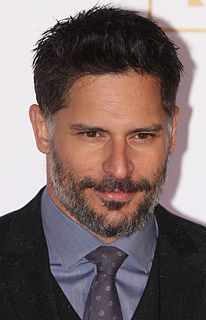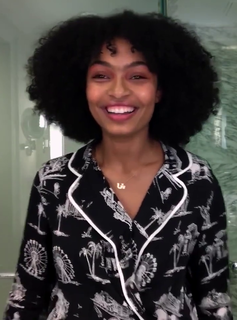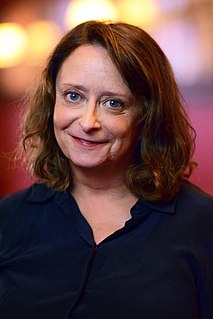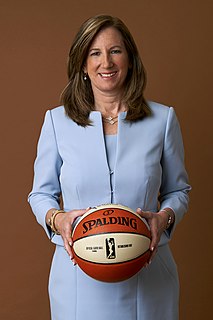A Quote by Joe Manganiello
I don’t think there’s any such thing as male objectification
Quote Topics
Related Quotes
I don’t think there’s any such thing as male objectification…I think that word exists only with women because there are societal pressures for them to behave a certain way and to look a certain way. Someone put it to me once: Women are sex objects and men are success objects. That was really interesting to me.
Evil is nothing but a word, an objectification where no objectification is necessary. Cast aside this notion of some external agency as the source of inconceivable inhumanity - the sad truth is our possession of an innate proclivity towards indifference, towards deliberate denial of mercy, towards disengaging all that is moral within us. But if that is too dire , let's call it evil. And paint it with fire and venom.
The objectification of females is not a good thing! Not every rapper does this, but when the lyrics focus solely on the strip club, 'poppin' bottles' and how many girls they can 'tap,' it distorts what kids are learning. I think if there was more of a female presence in hip hop we could break up the monotony. It's all about balance.
In assembling this group of portraits of women, I'm aware that I'm treading on dangerous ground. When I was in college, I learned to be distrustful of men's depictions of women. I remember seeing Garry Winogrand's book Women Are Beautiful in the school library and being shocked that it hadn't been defaced for its blatant objectification of women. But looking back, maybe I was too harsh. Whether one photographs men or women, it is always a form of objectification. Whatever you say about Winogrand, his depiction was honest.
I think one of the great joys of being a writer is you can transcend everything, even your own sex, what century you live in, and how you think. I found it quite natural to think as a male because I actually think that as a female, one often thinks in the mind of a male in terms of eroticism. You think about what the other person feels. So it's not that hard to imagine being that person.
I joined a very male-dominated profession back in 1986. I wanted to work with big multinational Fortune 500 companies, but you don't come into the firm and automatically get those. So, quite frankly, a key to my success was that I found male mentors and male sponsors. I think some women are afraid to say that.


































